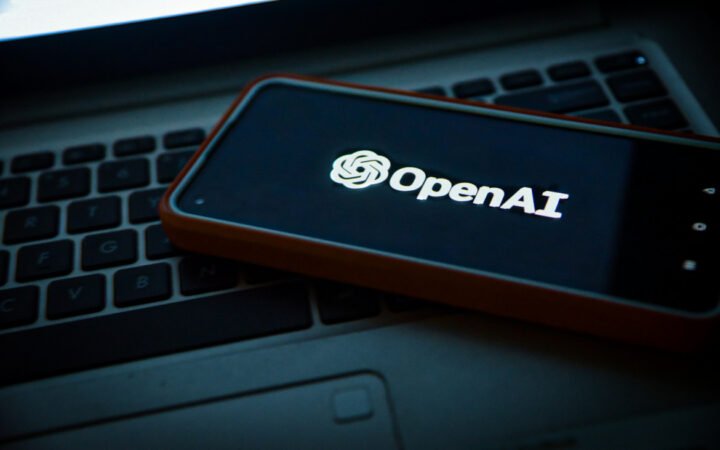
OpenAI Unveils ChatGPT Atlas, an AI-Powered Browser Redefining How We Use the Web
OpenAI has unveiled ChatGPT Atlas, a new web browser with ChatGPT integrated directly into its interface, blending AI assistance, search, and memory into everyday browsing.
OpenAI has launched ChatGPT Atlas, a new web browser designed around its flagship AI assistant, bringing ChatGPT directly into users’ everyday browsing experience. Available first on macOS, Atlas reimagines how people search, work, and navigate online by integrating AI-driven context, automation, and personalization directly into the browser.
Meet our new browser—ChatGPT Atlas.
Available today on macOS: https://t.co/UFKSQXvwHT pic.twitter.com/AakZyUk2BV
— OpenAI (@OpenAI) October 21, 2025
Described as “the browser with ChatGPT built in,” Atlas turns the web into an interactive workspace where ChatGPT can analyze content, understand user intent, and complete actions without requiring copy-paste or switching between tabs. The assistant can help summarize documents, research topics, or even plan trips — all from within the same window.
According to OpenAI, Atlas was designed as a “super-assistant” that understands what users are trying to do and can act on that context in real time. It includes Agent Mode, which allows ChatGPT to perform tasks such as booking appointments, generating reports, or analyzing data while browsing. Agent Mode launches in preview for Plus, Pro, and Business users, with Enterprise and Education access expected soon.
The browser also supports browser memories, letting ChatGPT remember context from visited sites to provide continuity across sessions. For instance, users can ask ChatGPT to “find all the job listings I viewed last week” or “summarize the research papers I opened yesterday.” These memories are private, optional, and fully controllable — users can view, archive, or delete them anytime.
In addition to contextual awareness, Atlas introduces advanced privacy controls, including incognito browsing and granular permission settings. Users can toggle ChatGPT’s page visibility directly from the address bar, ensuring AI access only when explicitly allowed. OpenAI clarified that browsing data is not used for model training by default, though users can opt in through data control settings.
The integration of search, chat, and automation blurs the line between browser and assistant. Instead of juggling multiple tools, users can ask ChatGPT to conduct research, manage documents, or automate workflows directly in the browsing window. As OpenAI puts it, Atlas “brings ChatGPT to the place where all your work, tools, and context already live.”
Early testers describe the experience as transformative. One user, a college student named Yogya Kalra, said Atlas helps her study more efficiently: “I used to switch between my slides and ChatGPT, taking screenshots to ask questions. Now ChatGPT instantly understands what I’m looking at and helps me learn as I go.”
ChatGPT Atlas launches globally for Free, Plus, Pro, and Go users, with Windows, iOS, and Android versions coming soon. For OpenAI, it’s a significant step toward embedding AI deeper into everyday computing — transforming the browser from a passive interface into an intelligent, collaborative tool.




